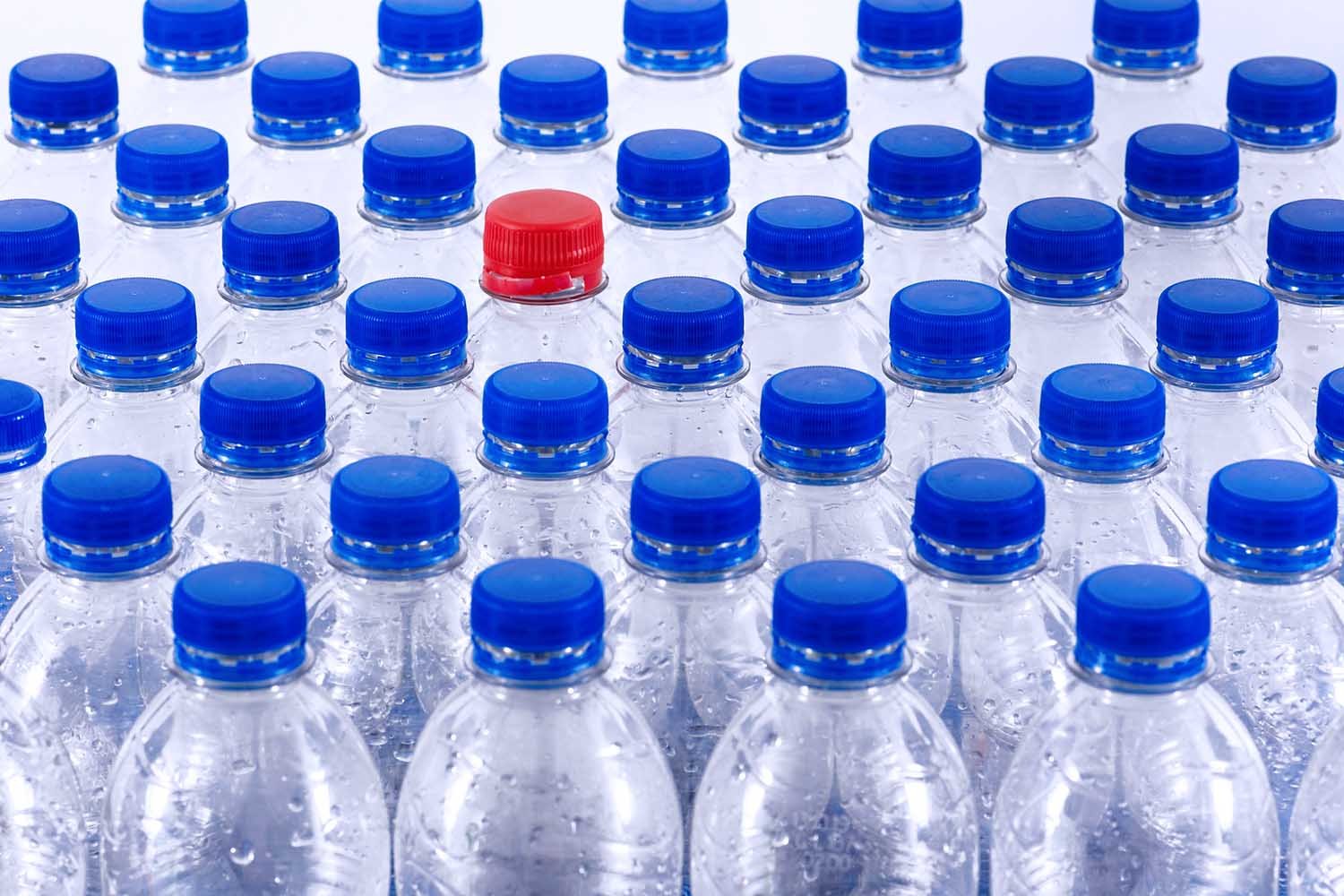The Impact of Plastic Pollution and What You Can Do
Image by Willfried Wende from Pixabay
Single-use plastics are among the leading contributors to environmental degradation. These items are used briefly but persist in the environment for hundreds of years. Here are some of the most prevalent single-use plastics that pose a substantial threat:
Plastic Bags:
Lightweight and ubiquitous, plastic bags are a major environmental concern. They often end up in waterways, harming aquatic life and ecosystems.
According to the World Economic Forum, globally, about 5 trillion plastic bags are used each year.
Many of these bags end up in oceans, contributing to the estimated 8 million tons of plastic that enter the oceans annually.
Alternatives: Reusable cloth bags, silicone bags, beeswax wrap
Plastic Bottles:
Bottled water and other beverages packaged in single-use plastic bottles contribute to pollution. Improper disposal leads to plastic accumulating in oceans and landfills.
The International Bottled Water Association reported that globally, humans consume over 500 billion bottles of water each year.
The recycling rate for plastic bottles is relatively low, contributing to the accumulation of plastic waste.
Alternatives: Bamboo bottles, stainless steel bottles, glass bottles
Plastic Straws:
Although small in size, plastic straws have a big environmental impact. They are a common item found in beach cleanups and are harmful to marine life.
The Ocean Conservancy's annual beach cleanup reported that straws and stirrers are consistently among the top ten items found on beaches worldwide.
Americans alone use an estimated 500 million straws daily.
Alternatives: Stainless steel straws, glass straws, bamboo straws
Food Packaging:
Single-use plastic packaging for food, such as wrappers and containers, adds to the plastic pollution crisis. These items are often discarded after a single use, contributing to landfill waste.
The Ellen MacArthur Foundation estimates that by 2050, there could be more plastic in the oceans than fish by weight if current trends continue.
Single-use plastic packaging, including that for food, significantly contributes to this issue.
Alternatives: Skip the plastic bag at the store, look for products that offer little or no packaging
Disposable Cutlery:
Plastic forks, knives, and spoons contribute significantly to pollution, especially in the context of takeout and fast food.
The Plastic Pollution Coalition notes that billions of disposable plastic utensils are used and discarded annually.
These items are often not recyclable and contribute to landfill waste.
Alternatives: Cheap stainless steel cutlery, bamboo cutlery


